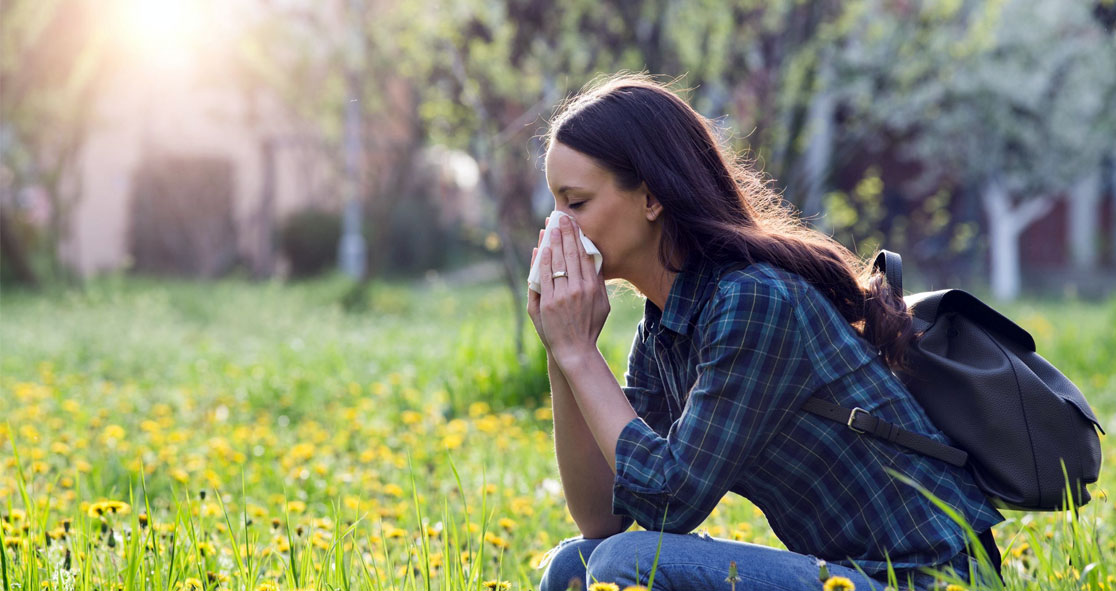A new study, published Monday in the journal of Proceedings of the National Academy of Sciences (PNAS), has found that climate change is responsible for making allergy season worse.
The study, conducted by the researchers of the University of Utah School of Biological Sciences, found that “pollen season starts 20 days earlier, lasts 10 days longer and creates 21% more pollen than in 1990,” according to United Press International (UPI).
Climate change induced by humans has played a key role in lengthening pollen season and some role in increasing the amount of pollen, the researchers found.
Lead author William Anderegg said, “The strong link between warmer weather and pollen seasons provides a crystal-clear example of how climate change is already affecting peoples’ health across the U.S.”
“Climate change isn’t something far away and in the future. It’s already here in every spring breath we take and increasing human misery,” he added. “The biggest question is — are we up to the challenge of tackling it?”
For many people, allergies can be more than a seasonal itchy and sneezy nuisance because they are tied to respiratory health conditions.
Previous research has shown that an increase in temperature and atmospheric carbon dioxide can increase the production of more pollen in greenhouse experiments, worsening pollen season.
Anderegg noted, “A number of smaller-scale studies — usually in greenhouse settings on small plants — had indicated strong links between temperature and pollen.”
“This study reveals that connection at continental scales and explicitly links pollen trends to human-caused climate change,” he added. The article was originally published Monday on UPI, a news outlet.























